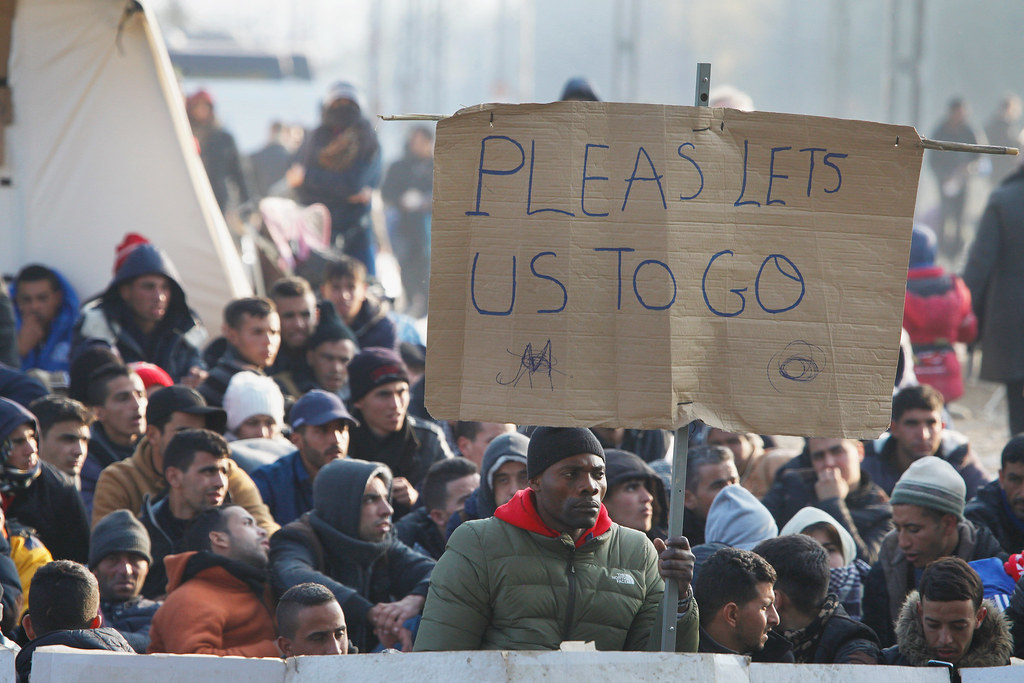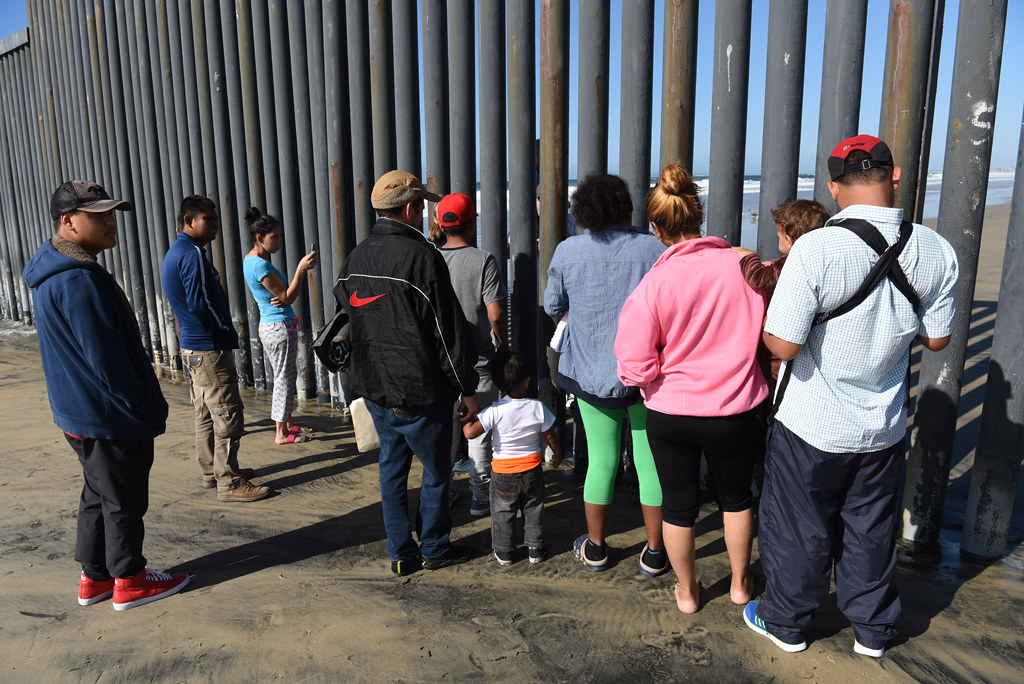
A Fresh Start in EU Migration Policy: Re-examining the Dublin Regulation
Guest Contributor Ali Cain is an M.A. Candidate in the European History, Politics and Society Program at Columbia University. She is additionally the Program Coordinator for the Cardozo Law Institute in Holocaust and Human Rights (CLIHHR). Her research interests include populism, refugee rights and transatlantic relations.
During her 2019 candidacy for European Commission President, Ursula von der Leyen proposed a New Pact on Migration and Asylum to “relaunch the Dublin reform of asylum rules.” Ms. von der Leyen is correct: Europe’s asylum system needs a fresh start. The Dublin Regulation III mandates that asylum seekers register upon arrival in the first European Union (EU) member state he or she enters. At the refugee crisis’ peak in 2015, 1.3 million asylum seekers and migrants arrived in Europe. Many traveled through the Mediterranean Sea, designating Italy and Greece as first ports of entry and, therefore, responsible for processing asylum claims. The influx of asylum seekers has led to immense strains on local governments,...

